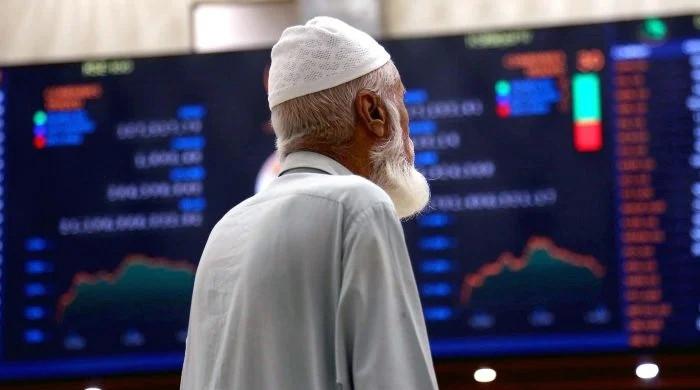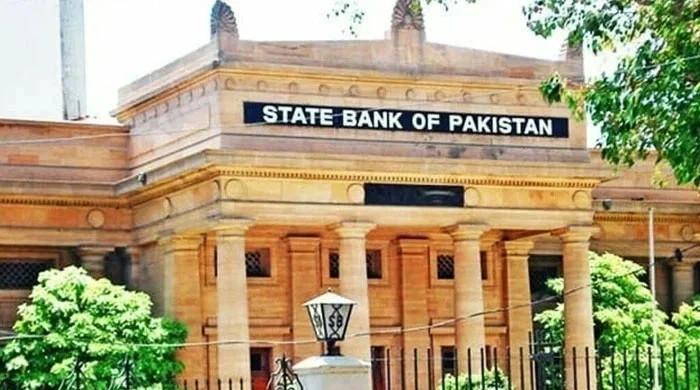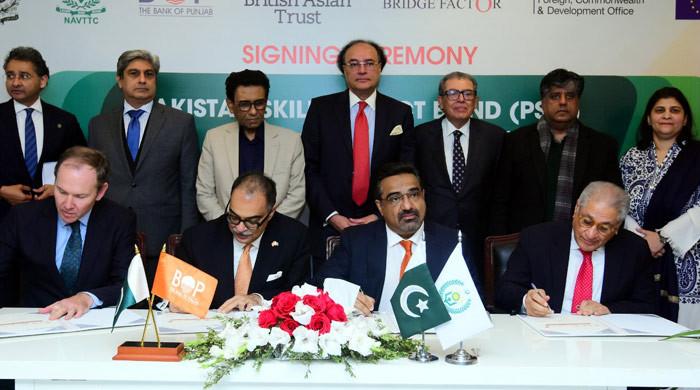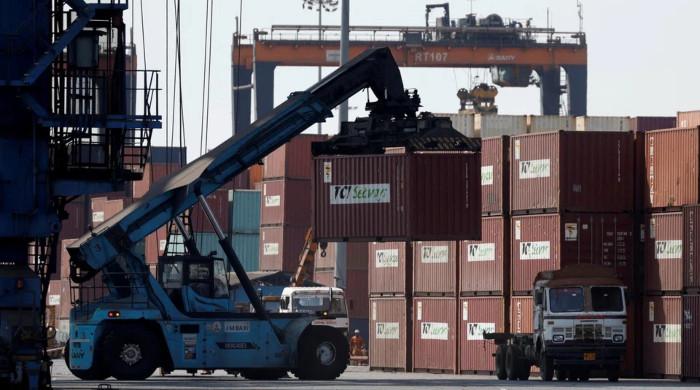Sugar mills being operated under Cane Act, says PSMA chief Aslam Faruque
Government decides prices of sugar without taking into consideration production costs, says Faruque
April 06, 2020
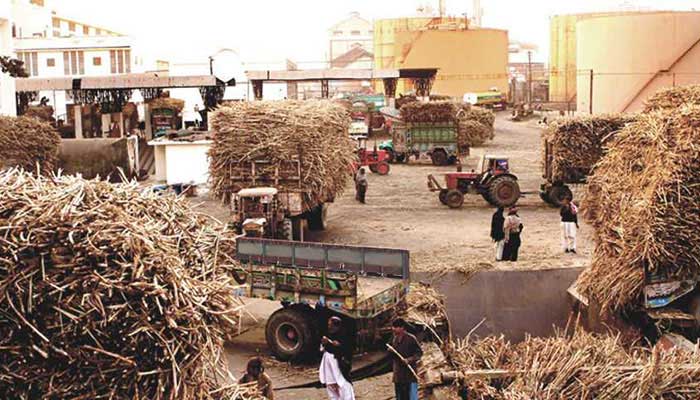
KARACHI: Pakistan Sugar Mills Association (PSMA) Chairman Aslam Faruque has said that the sugar mills are being operated under the Cane Act and the provincial governments decide the prices of cane, not caring for the cost of sugar and the end price, while the federal government only imposes sales tax on products, The News reported on Monday.
While talking to Shahzad Iqbal in Naya Pakistan, the PSMA chairman claimed that the association always suggested that the government decrease the cane prices to control sugar prices, but the provincial governments asserted that it was not their prerogative, as the federal government was responsible for the cost of sugar.
He said in such a situation, the sugar mills owners had no option when the government asked the mills to produce excessive sugar. "Power and textile sectors were subsidised but the sugar mills were given only a Rs3 billion subsidy, while the sugar industry paid Rs300 billion annually for the payment of cane," he said.
Also read: Sugar, wheat crisis: PM Imran vows action against profiteers after forensic report
'If politicians had influence, prices would be lower'
He said that the cane prices were decided by political governments, and if politicians had any influence over pricing, the cane prices would be much lower. The chairman added that the Punjab government had decided the cost of production of sugar was Rs63.72 when the cane price was Rs180 per tonne, while the sugar price was Rs55, adding that the Punjab government had set sugar prices at Rs70 per kg.
He noted that in January 2017, the retail price of sugar was Rs64.80 but after the bumper crops of cane, the prices decreased as much as Rs50 per kg. Aslam Faruque said the sugar mills had excessive sugar of more than two million tonnes, and asked the government to export it, but were not allowed, a move that delayed payments to cane growers.
He said that the Punjab government had written a letter to the federal government on April 15, 2019, requesting a ban on sugar export, while in a sugar advisory board meeting, the mills owners were told that only 22 paisas was increased in sugar prices during the period of January 2017 to April 2019, adding that in January 2017, the sugar prices declined from Rs64 to Rs50, but soon recovered.
Also read: PM Imran directs wheat, sugar crisis inquiry report be made public
'Sindh has advantage in export of sugar'
The chairman said if the prices would have not recovered, the sugar mills would have gone bankrupt. He added the cost of production of sugar had increased during the past years, as the US dollar prices also increased, and the government had wisely decided to export sugar in October 2018.
Aslam Faruque said the government reviewed all the data, then decided to announce a subsidy for the sugar industry, but after the 18th Amendment, the federal government said it had no money to give any more subsidy to industries.
The chairman said that if the mills produced 15 per cent sugar, then they could export 10 per cent of it. He added that the mills in Sindh had an advantage in exporting sugar.
'Read sugar crisis report with good intentions'
Separately, while welcoming the release of the inquiry committee report on sugar by the federal government, PSMA Chairman Aslam Faruque said an open, fair and facts based discussion was exactly what the sugar industry wanted and that could not happen as long as the findings had not been disclosed.
"However, it was unfortunate that the minutes of the report were made public, media blew up the whole affair in the hunt for sensationalism. Rather than focusing on personalities and always looking to play the blame game, study the report with good intentions and for the benefit of the whole country," he said.
“It is clear that the committee has done a lot of hard work in a short span of time but they are dealing with issues that are very complex and often older than our country itself. They simply cannot be understood in a matter of weeks,” Faruque claimed.
Originally published in The News





